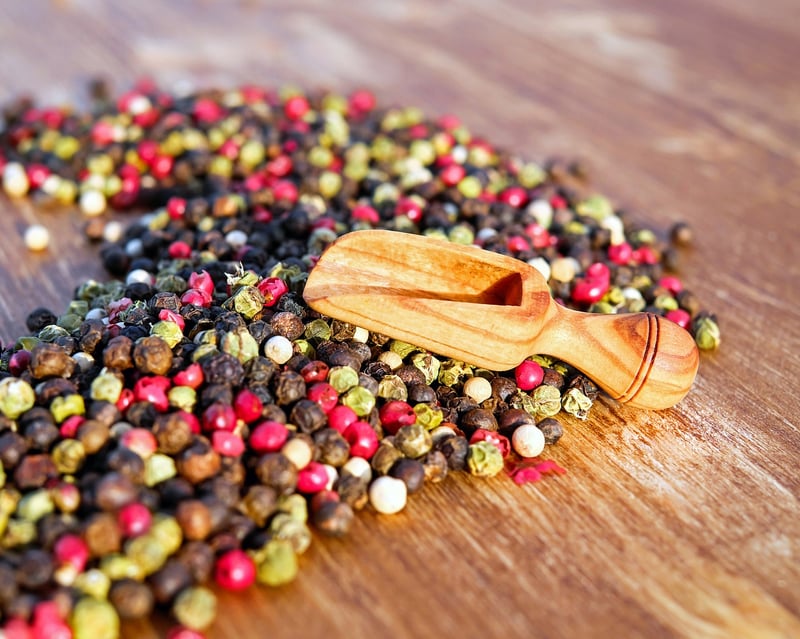Ingredient Substitutions
Master Culinary Techniques and Shortcuts
Introduction
Welcome to our guide on mastering culinary techniques and shortcuts in the kitchen. Whether you're a beginner cook or a seasoned chef, there's always something new to learn in the world of cooking. From basic knife skills to time-saving tricks, we've got you covered.
Knife Skills
One of the most fundamental skills in the kitchen is proper knife handling. To dice, chop, and julienne like a pro, make sure you hold the knife with a firm grip and use a claw grip to protect your fingers. Practice slicing onions, peppers, and herbs to improve your precision.
Cooking Techniques
Experiment with various cooking methods like sautéing, roasting, braising, and steaming to elevate your dishes. Each technique imparts a unique flavor and texture to the ingredients. Learn how to control heat and master the art of timing for perfectly cooked meals.
Time-Saving Shortcuts
When you're short on time, these kitchen shortcuts can be a lifesaver. Invest in pre-chopped vegetables, canned beans, and pre-cooked grains to cut down on prep time. Use a food processor for quick chopping and blending, and consider batch cooking and meal prepping for the week ahead.
Ingredient Substitutions
Don't let missing ingredients derail your cooking plans. Here are some common ingredient substitutions you can try:
- Buttermilk: Mix 1 cup of milk with 1 tablespoon of lemon juice or vinegar as a substitute for buttermilk.
- Eggs: Use a mashed banana or applesauce as a vegan alternative to eggs in baking recipes.
- Tomato Sauce: Blend canned tomatoes with Italian seasoning for a quick tomato sauce replacement.
- Heavy Cream: Combine milk with melted butter for a substitute for heavy cream in sauces.
Conclusion
By honing your culinary techniques, embracing time-saving shortcuts, and mastering ingredient substitutions, you'll become a more confident and efficient cook in the kitchen. Remember, practice makes perfect, so don't be afraid to experiment and have fun with your cooking!

